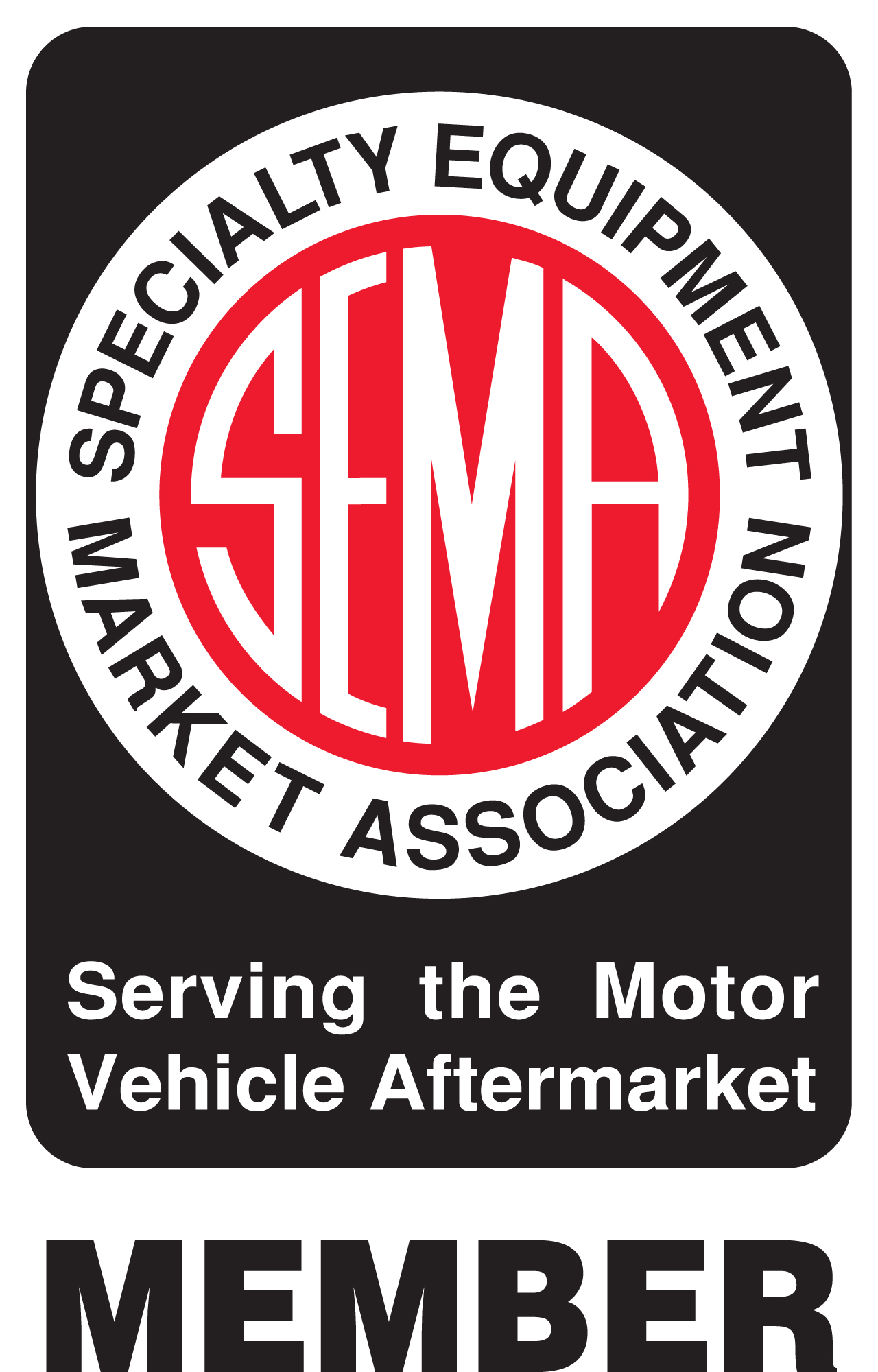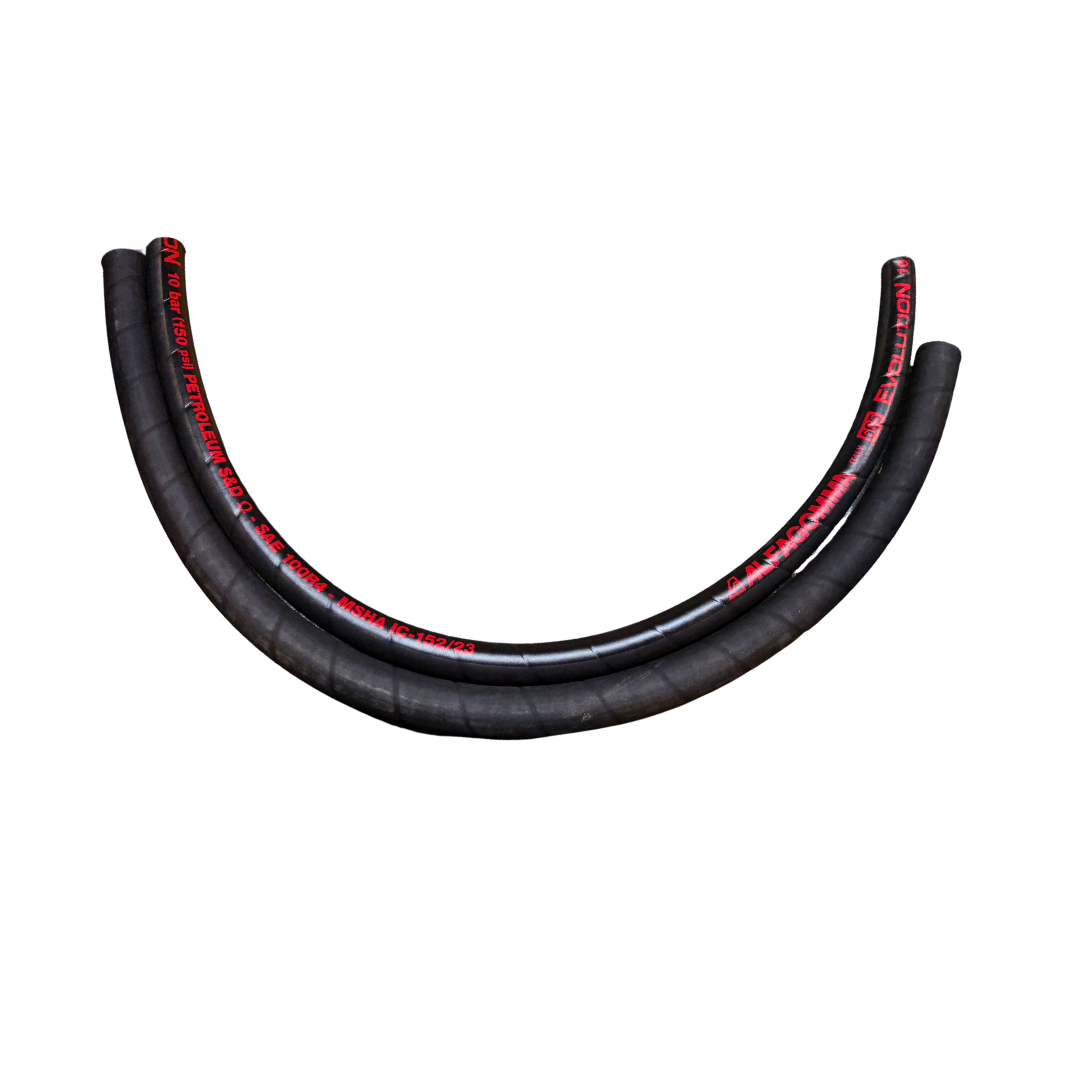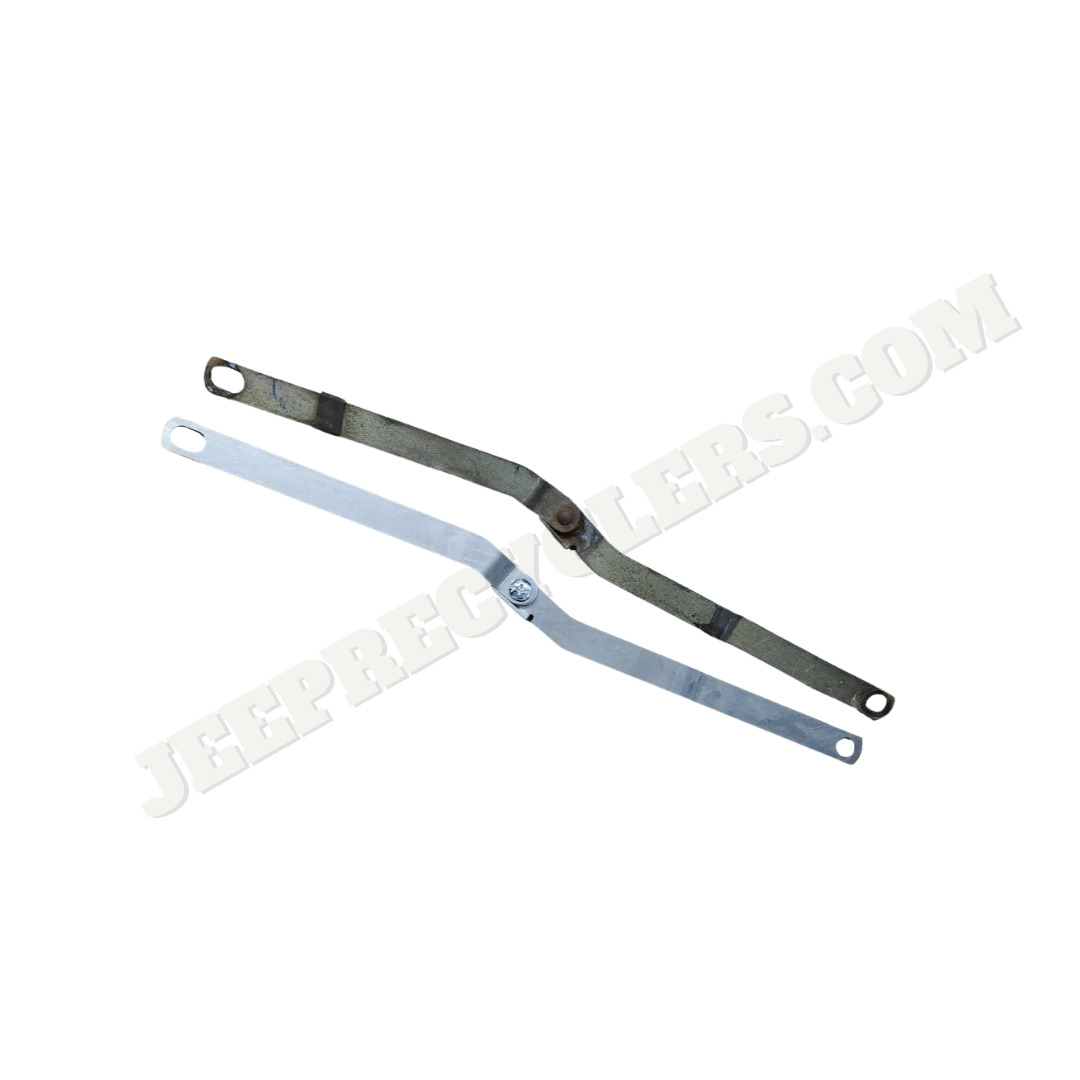Upgrade your fuel system hoses with our high-quality Fuel Vent Hose and Filler Hose Set for 1980-1991 Wagoneer, Cherokee, and Grand Wagoneer! Filler hose goes from the filler tube to the fuel tank, and vent hose goes from the vent tube to the fuel tank.
Fill Hose Dimensions: Length 40 1/2", Bell End 1 3/16" I.D., Straight End 7/8" I.D.. Replaces # 5361183.
Vent Hose Dimensions: Length 39", Bell End 1" I.D., Straight End 3/4" I.D.. Replaces # 5361184.
Fits:
- 1981-1983 Wagoneer
- 1981-1983 Cherokee
- 1984-1991 Grand Wagoneer
Need a sending unit too? This fuel vent hose and fill hose fits 1986-1991 Grand Wagoneer Fuel Sending Unit
A vent hose is a simple yet crucial part of your vehicle's fuel system. It allows air to move freely in and out of the fuel tank, preventing pressure build-up that could cause damage or leakage.
Reasons to Replace Your Vent Hose:
- Prevents fuel leaks: A damaged or worn vent hose can lead to fuel leaks, posing safety hazards and environmental risks.
- Maintains proper fuel system function: A functioning vent hose helps regulate pressure in the fuel tank, ensuring optimal performance of the fuel system.
- Prevents fuel system malfunctions: Clogged or blocked vent hoses can cause issues such as vacuum buildup, which may affect engine performance and fuel efficiency.
- Ensures compliance with emissions regulations: Proper vent hose function is crucial for controlling fuel vapors and meeting emissions standards.
- Prevents potential safety hazards: Leaking fuel vapors can create fire hazards, especially in the presence of ignition sources, posing risks to vehicle occupants and nearby individuals.
A fuel filler hose connects the fuel filler neck to the fuel tank, allowing fuel to be pumped into the tank during refueling. It's designed to withstand the corrosive nature of fuel and ensure a secure and leak-free connection between the fuel tank and the fuel inlet.
Upgrading to a new fuel filler hose is important for several reasons:
-
Safety: Over time, the original fuel filler hose may deteriorate, leading to leaks or fuel seepage, which can pose a fire hazard. A new hose ensures a secure and leak-free connection, reducing the risk of accidents.
-
Performance: A worn-out fuel filler hose can lead to fuel vapor leaks, which can affect engine performance and fuel efficiency. Upgrading to a new hose ensures proper fuel delivery and optimal engine performance.
-
Compliance: In many regions, vehicles are required to pass emissions and safety inspections. A damaged or deteriorated fuel filler hose can cause a vehicle to fail these inspections. Upgrading to a new hose ensures compliance with regulations and standards.














